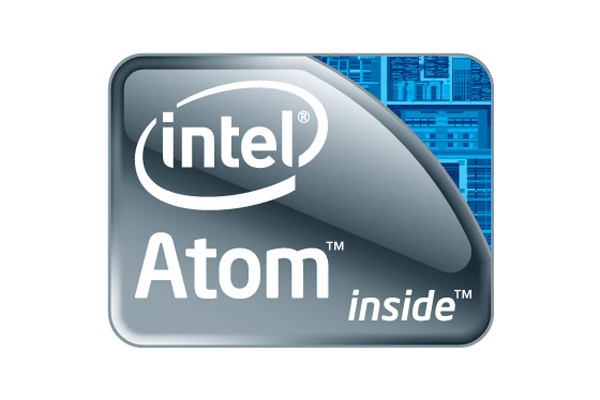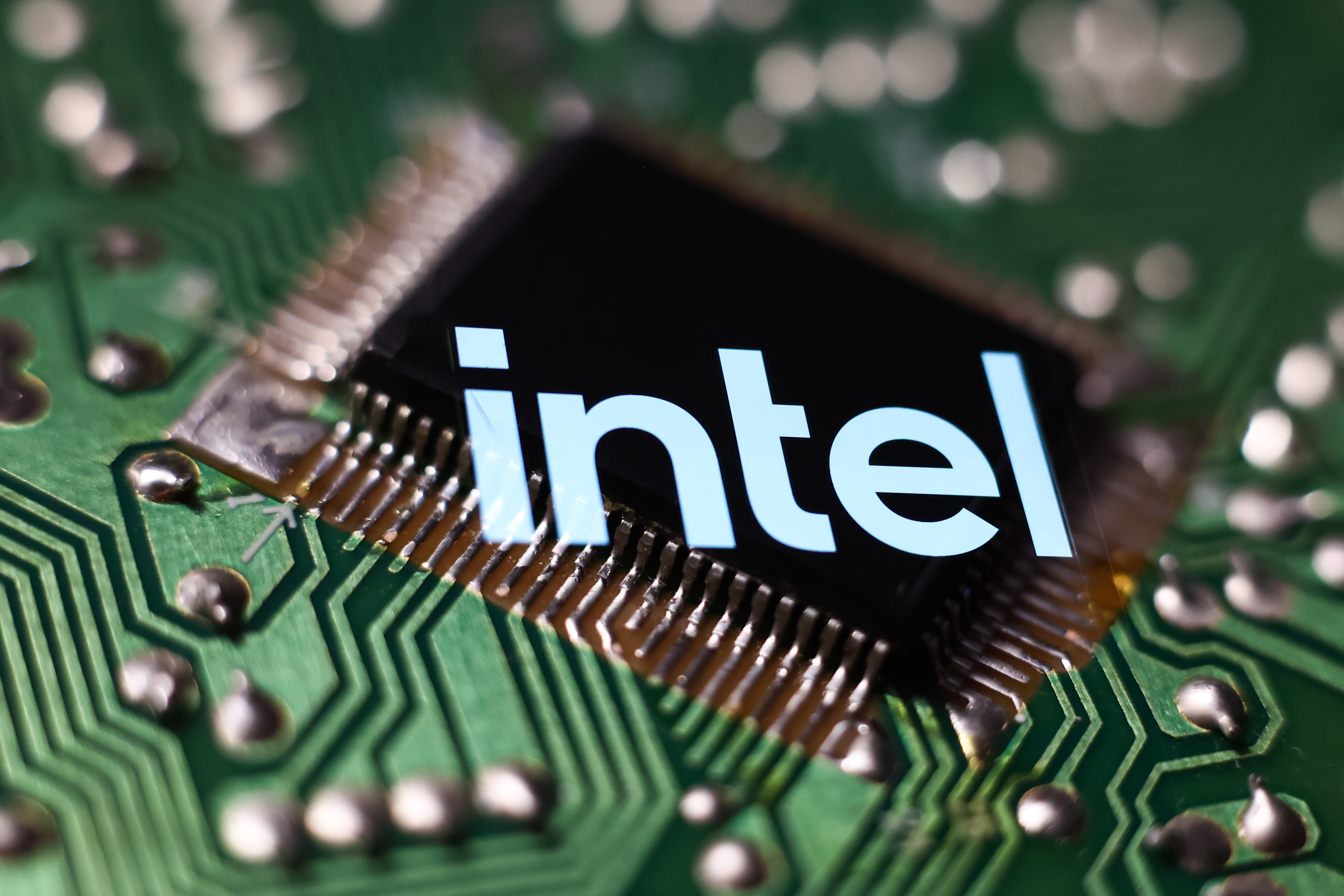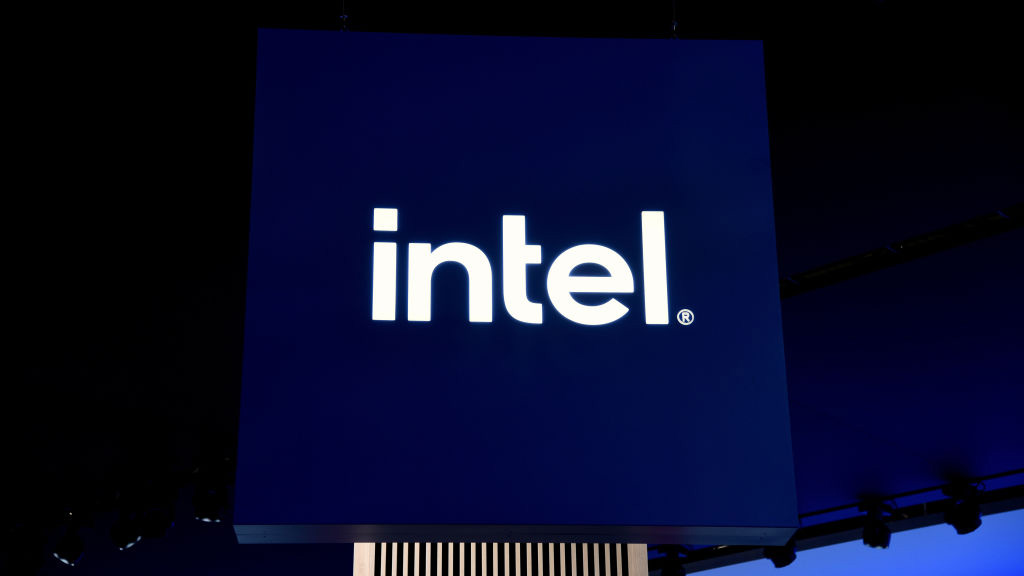Intel confident Bay Trail chips will boost mobile ambitions
Bay Trail tablets to start at $200, as CEO reveals Atom range is no longer the ugly duckling in-house.

Intel CEO Brian Krzanich is convinced the chipmaker will cash in on the lucrative smartphone and tablet market when its Bay Trail range is launched in late 2013.
Despite dominating desktop silicon for decades, the Santa Clara-based giant has started to feel the force of the declining PC market. Intel posted net income of $2 billion in Q2 of 2013, down 28 per cent ($800 million) year-on-year.
In an earnings call with analysts, Krzanich, who was appointed as Intel CEO two months ago, acknowledged the firm had been caught off guard by the boom in mobile devices.
Atom will become an equal player with Core i technology.
"Intel was slow to respond to the ultra-mobile PC trend. The importance of that can be seen in the current market dynamics. The traditional PC market segment is down from our expectations at the beginning of the year while ultra-mobile devices like tablets are up," he said.
Key to Intel's penetration in the mobile market is the small and efficient System-on-Chip (SoC) Atom product range, which can be squeezed into smartphones and tablets. The Atom processors have so far been shipped in a handful of devices such as the Motorola Razr i.
Development of the Atom range has traditionally taken a back seat to the more powerful x86-based Core i processors, but as sales of PCs decline Intel feels things need to change.
"We will move Atom even faster to our leading-edge silicon technology and focus on the SoC integration of key components like graphics, communications and other devices," Krzanich said.
Get the ITPro daily newsletter
Sign up today and you will receive a free copy of our Future Focus 2025 report - the leading guidance on AI, cybersecurity and other IT challenges as per 700+ senior executives
"This does not mean we will lessen the value or leadership of our Core product family, but rather make Atom an equal player in technology leadership for the ultra-mobile space. Both product lines will be driving Intel's future."
Although licensing details of Intel's Bay Trail SoC chipsets have yet to be revealed, the chipmaker is likely to be targeting high-profile partnerships.
With Intel also looking to actively compete at the lower end of the market with Bay Trail, and tablets expected to start at $200, according to the CEO, the launch of Bay Trail in Q3 could mark the start of it becoming a serious challenger to its ARM-based rivals.
"Bay Trail really first and foremost we believe gives solid performance, solid battery life relative to the competition in price points and markets that were simply not in, in a big way today," he added.
-
 Should AI PCs be part of your next hardware refresh?
Should AI PCs be part of your next hardware refresh?AI PCs are fast becoming a business staple and a surefire way to future-proof your business
By Bobby Hellard Published
-
 Westcon-Comstor and Vectra AI launch brace of new channel initiatives
Westcon-Comstor and Vectra AI launch brace of new channel initiativesNews Westcon-Comstor and Vectra AI have announced the launch of two new channel growth initiatives focused on the managed security service provider (MSSP) space and AWS Marketplace.
By Daniel Todd Published
-
 Gaining timely insights with AI inferencing at the edge
Gaining timely insights with AI inferencing at the edgeWhitepaper Business differentiation in an AI-everywhere era
By ITPro Published
-
 Scaling AI from pilot to production: Maximize AI impact with HPE & Intel
Scaling AI from pilot to production: Maximize AI impact with HPE & IntelWhitepaper Transform AI proof-of-concepts into full-scale implementations
By ITPro Published
-
 UK supercomputer boom as HPE and Dell receive funding for new AI cluster
UK supercomputer boom as HPE and Dell receive funding for new AI clusterNews The UK’s AI computing capabilities will increase by an order of magnitude in 2024
By Rory Bathgate Published
-
 AI gold rush continues as Hugging Face snags $235 million from IBM
AI gold rush continues as Hugging Face snags $235 million from IBMNews The investment round, which brings the company's valuation to $4.5 billion, also includes Amazon, Google, Intel, and Salesforce
By Richard Speed Published
-
 Why is ASUS reviving Intel’s NUC mini-PC line?
Why is ASUS reviving Intel’s NUC mini-PC line?News The diminutive PC is to rise again while analysts look for the business case
By Richard Speed Published
-
 Intel targets AI hardware dominance by 2025
Intel targets AI hardware dominance by 2025News The chip giant's diverse range of CPUs, GPUs, and AI accelerators complement its commitment to an open AI ecosystem
By Rory Bathgate Published
-
 Why aren’t factories as smart as they could be?
Why aren’t factories as smart as they could be?Whitepaper How edge computing accelerates the journey to a remarkable factory
By ITPro Published
-
 Who needs Intel vPro®, An Intel® Evo™ Design, anyway?
Who needs Intel vPro®, An Intel® Evo™ Design, anyway?Sponsored With flexible work on the up, the demand for high performance on-the-go business laptops has never been greater
By ITPro Last updated